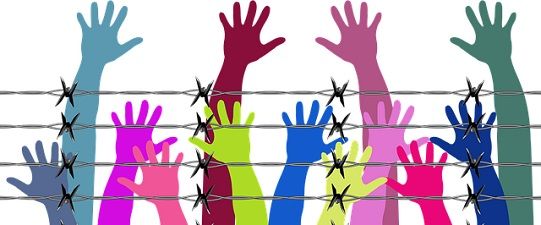Pakistan is a federal parliamentary democracy according to article 1 of the constitution. The constitution of Pakistan guarantees fundamental rights with legislative, judicial, and executive protections.
Article 8 of the constitution provides that any law repugnant to fundamental rights is void. Hence, this protection proves the significance of human rights for the state and society. Article 9 protects the security of a person. Article 10 guarantees safeguards as to arrest and detention. Article 10A protects the right to a fair trial and due process. Article 11 prohibits slavery and forced labor. Article 12 protects against retrospective punishment. Article 13 protects against double punishment and self-incrimination. Article 14 provides human dignity and prohibits torture for the purpose of extracting evidence. Article 15 provides freedom of movement. Article 16 provides freedom of assembly. Article 17 provides freedom of association. Article 18 guarantees freedom of trade, business, or profession. Article 19 includes freedom of speech, and 19A offers the right to information. Article 20 ensures freedom to profess religion and to manage religious institutions. Article 21 provides safeguards against taxation for any particular religion. Article 22 protects educational institutions in respect of religion. Article 23 provides the right to acquire, hold and dispose of the property in any part of Pakistan. Article 24 bestows protection of property rights. Article 25A enforces that all citizens are equal before the law. Article 25 provides the right to education. Article 26 ensures that there shall be no discrimination regarding access to public places. Article 27 protects against discrimination in services. Article 28 allows people to preserve language, script, and culture.
Besides, Chapter II of the Constitution enunciates principles of policy. These principles are the collective rights of society. Article 31 explains that the Islamic way of life shall be promoted. Article 32 provides for the promotion of local government institutions. Article 33 provides for the discouragement of parochial and other similar prejudices. Article 34 ensures the full participation of women in national life. Article 35 protects marriage and family life. Article 36 provides safeguards and protection for minorities. Article 37 categorically affords the promotion of social justice and the eradication of social evils. Article 38 enforces the promotion of the social and economic well-being of the people. Article 39 offers the participation of people in the Armed Forces. Article 40 strengthens bonds with the Muslim world and promotes international peace. Hence, fundamental rights and principles of the policy are the anthologies of human rights.
















